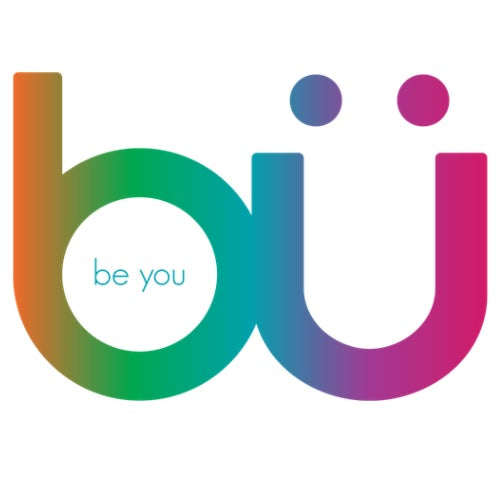Sunscreen Facts and Myths: What You Need to Know to Stay Protected
Over the years, there has been a lot written about sunscreen, sun safety, and SPF ratings, making it a hot (pun intended) topic in recent times. Despite the coverage, the message can still be unclear. After nearly 30 years of making sunscreens, here’s what I’ve learned about navigating SPF numbers, UVA vs. UVB rays, and common sunscreen marketing terms like "organic" and "reef safe."
What Does SPF Really Mean?
The SPF (Sun Protection Factor) on sunscreen refers to protection against UVB rays, which are responsible for sunburn. Here's how SPF works:
- The formula to determine UVB protection is (SPF - 1) / SPF. For example:
- SPF 30 provides 96.7% UVB protection.
- SPF 50 offers 98% UVB protection.
This means that an SPF 50 sunscreen provides 1.3% more protection than SPF 30, yet requires 10.5% more active ingredients to achieve that small increase. So, while higher SPF numbers sound better, the difference in protection isn't almost double, but it does protect from more UV rays.
Learn more about choosing the right SPF here (https://www.busunscreen.com/pages/frequently-asked-questions)
How Often Should You Reapply Sunscreen?
Up until recently, it was thought that SPF 30 would allow you to stay in the sun 30 times longer without burning. However, dermatologists and the FDA now recommend reapplying sunscreen every 2 hours due to factors like skin tone, activity level, and perspiration. Don't rely on the time calculation alone—frequent reapplication is key to effective sun protection.
UVA vs UVB Rays: What’s the Difference?
- UVB rays are shorter and carry more energy, causing sunburn and contributing to skin cancer. Think of "B" for Burning.
- UVA rays are longer and penetrate deeper into the skin, leading to premature aging, collagen breakdown, and skin cancer. Think of "A" for Aging.
- They both burn, they both age, but it's an easy way to remember.
The best sunscreens chemicals that help provide broad-spectrum protection, shielding against both UVA and UVB rays. Look for ingredients like:
- Zinc Oxide
- Titanium Dioxide
- Avobenzone (also known as Parsol 1789)
- Mexoryl
The Truth About "Organic" and "Natural" Sunscreens
In chemistry, "organic" means containing carbon, while in the marketing world, it often refers to products with limited pesticide use. In the sunscreen industry, you’ll encounter terms like mineral and chemical sunscreens:
- Mineral sunscreens (inorganic) use zinc oxide or titanium dioxide, which don’t contain carbon atoms.
- Chemical sunscreens (organic) use carbon-containing molecules that absorb light.
While mineral sunscreens are marketed as natural, they still undergo purification processes to be used safely in skincare. The term "natural" can be misleading—there’s no such thing as a completely "chemical-free" sunscreen. Even mud, the closest natural option, isn't exactly practical!
Looking for a sunscreen that fits your values? Shop BU Sunscreen’s mineral and chemical options here (https://www.busunscreen.com)
The "Reef Safe" Sunscreen Debate
The term "reef safe" has gained popularity, but it is misleading. While some sunscreen ingredients have been linked to coral reef damage, no product is truly "reef safe", not even humans. The reality is, any activity near a reef—whether it’s wearing sunscreen, swimming, or even using a boat—can impact the environment.
To learn more, check out our blog on reef-safe sunscreen myths.
Why Sunscreen Matters: The Proven Benefits
The one thing that doctors, dermatologists, and plastic surgeons agree on is that the sun is both beneficial and dangerous. Overexposure can lead to sunburn, premature aging, and an increased risk of skin cancer. It's especially harmful for children, as sunburns at a young age raise the risk of developing skin cancer later in life.
Burn or Protect? The Choice Is Yours
Ultimately, you have a choice: BURN or PROTECT. Find a sunscreen that you’re comfortable using and that fits your lifestyle, whether it’s a cream, spray, UV clothing, or simply staying indoors during peak sun hours.
Go out and enjoy the outdoors, but do it safely.
Choose the right sunscreen for your skin type at BU Sunscreen. We offer a variety of options to fit your needs—mineral, chemical, broad-spectrum, and more.
Want to learn more about sun safety? Visit the Skin Cancer Foundation for tips and advice. (https://www.skincancer.org/)












